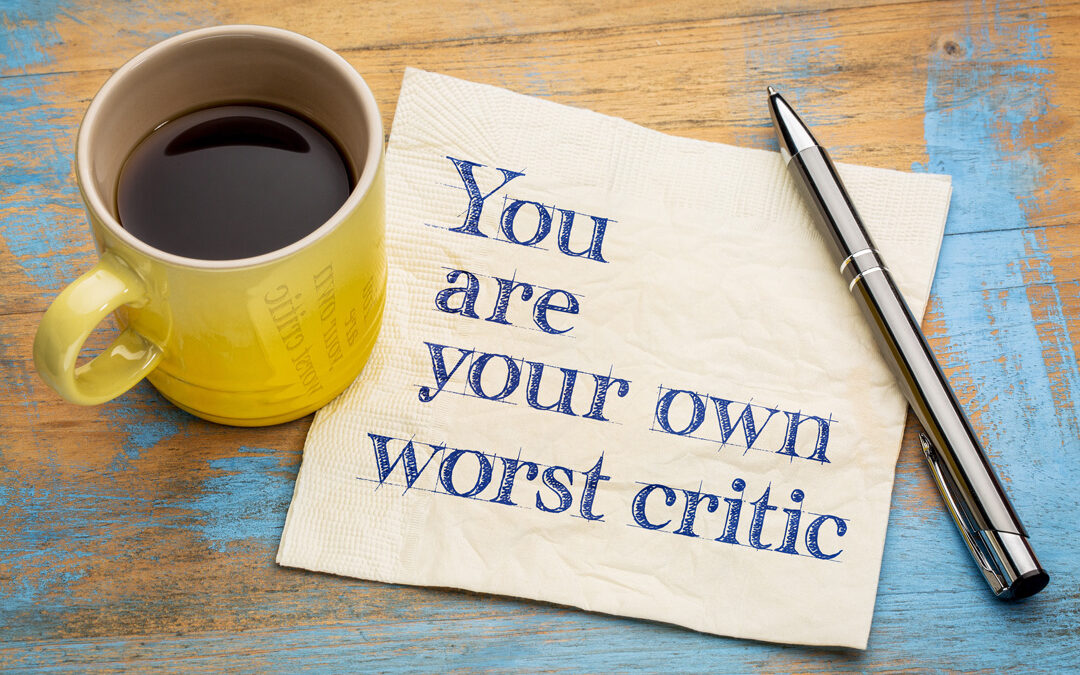 Most women who come to see me for therapy and coaching have some level of people-pleasing tendency in them. Not a surprise for most of you to hear this, right? Overdoing it overdoes it. In other words, when you give too much, you become depleted. When you become...
Most women who come to see me for therapy and coaching have some level of people-pleasing tendency in them. Not a surprise for most of you to hear this, right? Overdoing it overdoes it. In other words, when you give too much, you become depleted. When you become...
 You will note stages, but I am not talking about 1. we got married, 2. bought a house, 3. had kids…that is all sequential and doesn’t require memory, recall, or feelings. I mean something much more meaningful:1. The first time you felt hurt deeply by your...
You will note stages, but I am not talking about 1. we got married, 2. bought a house, 3. had kids…that is all sequential and doesn’t require memory, recall, or feelings. I mean something much more meaningful:1. The first time you felt hurt deeply by your...
 I hear the following often: ‘ and then I start to spiral’. In summary, women are telling me that they find themselves in a helpless and uncontrollable position. They tell me their mind takes over and thus so do their behaviours. The behaviours that follow...
I hear the following often: ‘ and then I start to spiral’. In summary, women are telling me that they find themselves in a helpless and uncontrollable position. They tell me their mind takes over and thus so do their behaviours. The behaviours that follow...
 This post is a continuation of last week’s post on What Type of Self Critic Are You? Thus, it may be helpful for you to read that post first (however, not entirely necessary). Let’s face it, we ALL HAVE FEARS about being judged by others. Even the most highly...
This post is a continuation of last week’s post on What Type of Self Critic Are You? Thus, it may be helpful for you to read that post first (however, not entirely necessary). Let’s face it, we ALL HAVE FEARS about being judged by others. Even the most highly...
 As a therapist I see a lot of people who are self-critical. Throughout the years I’ve come to identify two types of self critics. There is no literature that I could find describing the two types, so I simply dubbed these types as overt self-critics and covert...
As a therapist I see a lot of people who are self-critical. Throughout the years I’ve come to identify two types of self critics. There is no literature that I could find describing the two types, so I simply dubbed these types as overt self-critics and covert...






